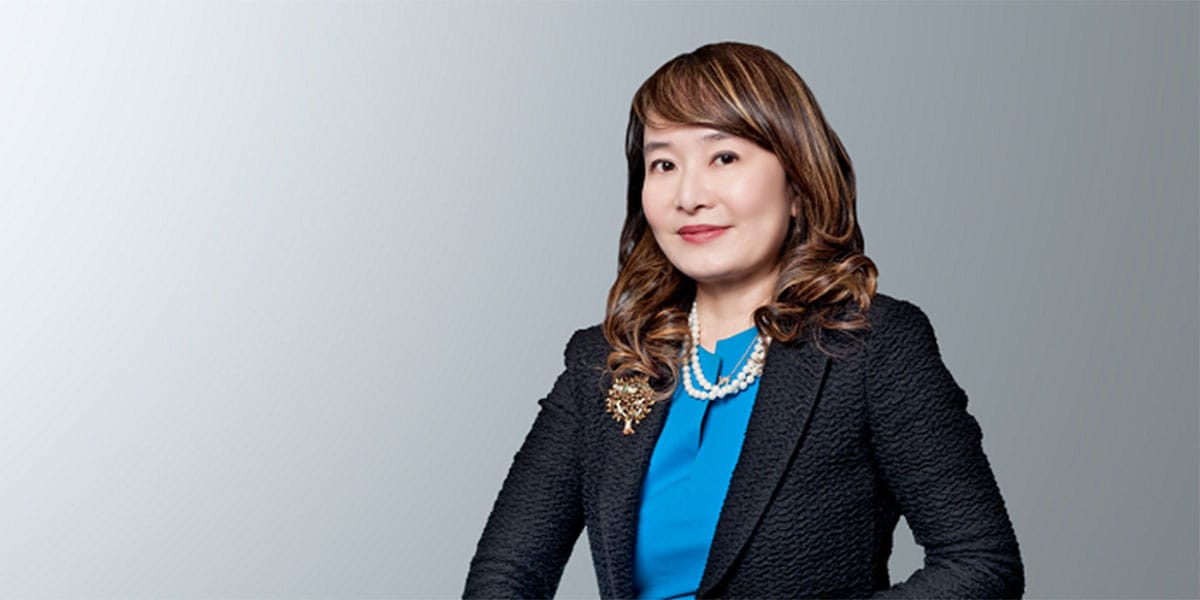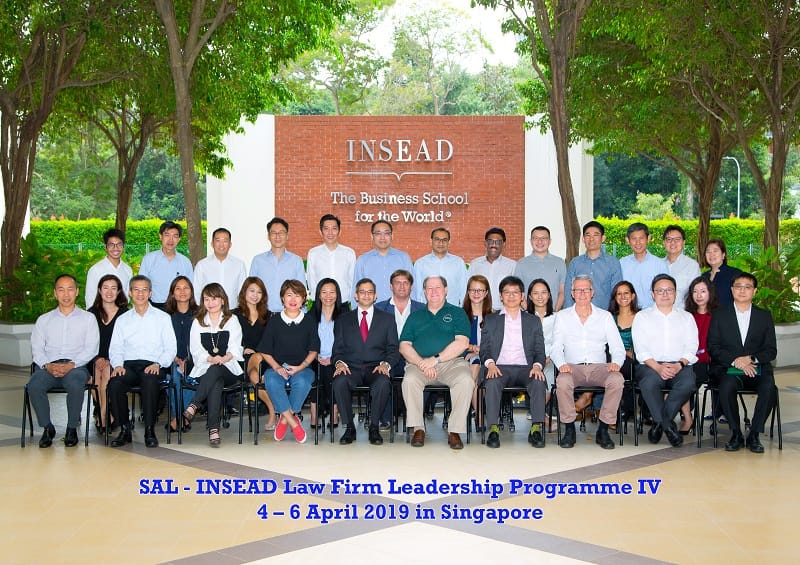
Joy Tan Reflects On A 30-year Career
How a commercial approach and stint as a JLC have made her the lawyer she is today.
BY ASHUTOSH RAVIKRISHNAN
People are clearly important to Ms Joy Tan: during our hourlong breakfast, the WongPartnership partner speaks glowingly of those leading legal lights with whom she has worked under and alongside in her 30-year-career: from former Chief Justice Yong Pung How to Mr Wong Meng Meng SC and Mr Dilhan Pillay.
Her first brush with many of them came during her time as a Justices’ Law Clerk (JLC) in the early 1990s, shortly after returning to Singapore from Cambridge. “The JLC programme sounded interesting. I thought it would be a good springboard into a career in the law.”
How different a lawyer would she be had she not been a JLC? For one, she might not have met her husband. “Some of the judges were joking: ‘are we running a dating agency or what?’ Being a JLC was life-changing: the luminaries on the bench, whose work you got insights into, like Justice LP Thean and Justice Karthigesu,” she says. “I would be a completely different person if I hadn’t been a JLC.”
Her seminal years as a JLC also trained an ability to write pithily—a skill necessary in the courts of the 1990s, which were plagued by a backlog of some 2,000 cases. Then when she joined WongPartnership in its early days, she learnt to adopt a commercial lens to legal analysis, especially after realising that clients were not interested in merely what the law said. “The client doesn’t want you to say, ‘There are some cases that say this and others that say that.’ You are there to address their problems and advise them how to proceed, without, of course, misrepresenting the challenges.”
Sounds like a fine balance to walk, I observe. “But that commercial slant and problem-solving mindset are fundamental,” she retorts. “You sometimes have young lawyers who present the client with a very intellectual 20-page draft advice. But few clients have the patience to sift through this, and it’s no good if it doesn’t offer a solution to the client’s problem.” Still, she also cautions against the other extreme. “On the other hand, lawyers who dispense advice without doing proper research could land themselves, and their firm, in hot soup.”
Striking this balance has served her well in a cross-disciplinary career that has seen her represent clients in business litigation and arbitration, and advise them on a broad swathe of regulatory compliance, investigations and enforcement issues. As part of her interest in commercial issues, she also sits on a number of public and private sector boards, and as an arbitrator on the SIAC panel.
THE NEXT CHALLENGE
Grooming WongPartnership’s next generation of leaders is a role that Joy evidently takes seriously, especially now that she has joined the firm’s Executive Committee, and is approaching her fourth decade in practice. Like many of her peers, she’s deeply concerned about talent management in the sector and her problem-solving approach sees her actively finding ways to deal with it. “It’s an issue we discussed heavily at the programme,” she says, referring to the SAL-INSEAD Legal Leadership Programme. The three-day intensive management programme is specifically designed and contextualised to tackle such issues and adopts business school methodologies to address them.

WongPartnership has been supportive of the SAL-INSEAD Legal Leadership Programme, and over the years, has sent partners there to cultivate their management skills. She recommends such training for other law firm leaders. “The conventional wisdom is that if you’re a very good lawyer and you contribute to the firm’s revenue line, you’ll be good at managing the firm too. And that’s not the case at all, unfortunately. A law firm is a unique business and you need legal-specific approaches to really be able to understand and manage the business. During my run, there were many legal services-specific case studies, including the famous Axiom example, that sparked a lot of healthy debate about traditional revenue models and new ways of doing legal business.”
As we end, we circle back to the problem of legal talent management. “How do we get the best out of our young people and incentivise them to stay? So that we can attract, retain and groom them into the partners of tomorrow.” She stresses that this doesn’t just mean throwing benefits or more money their way: “It’s about creating a sense of ownership—so that our best talent is incentivized, not just financially, but by feeling that they belong, that they’re building the firm together. That’s something for us to think about.”
Applications for the next run of the SAL-INSEAD Legal Leadership Programme are now open. Find out more here.

